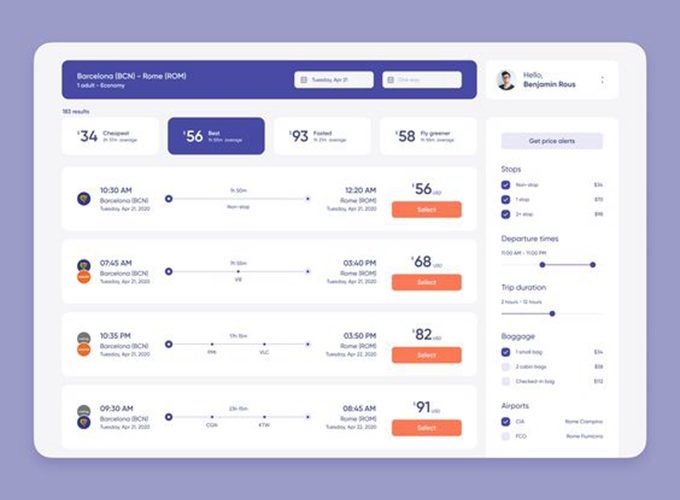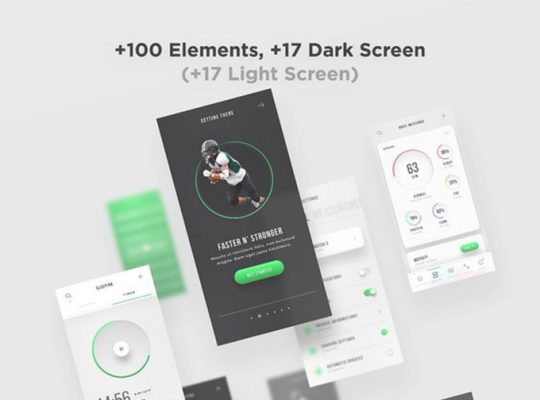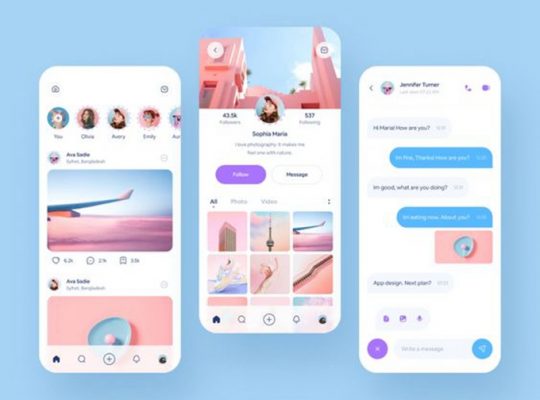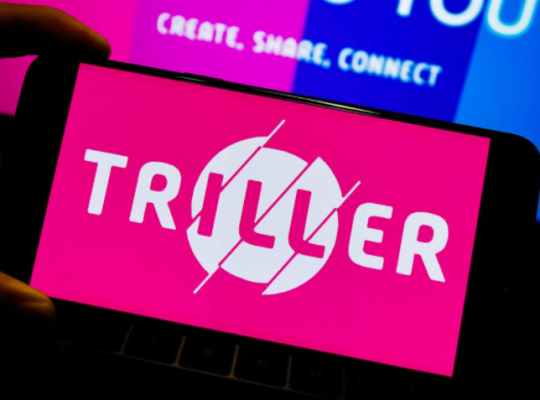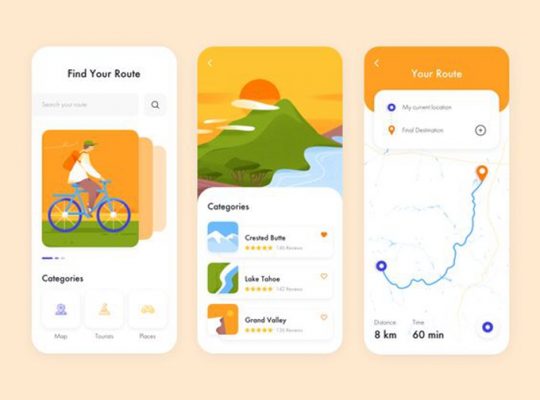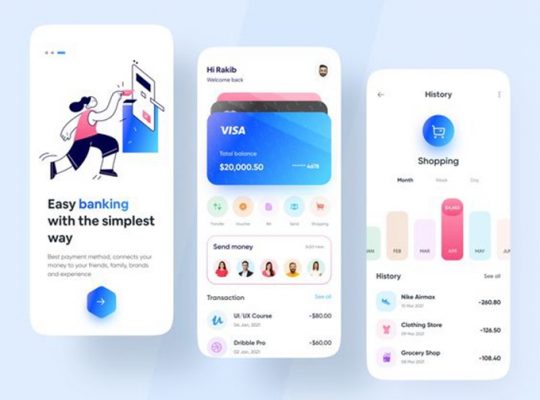Apple’s current announcement regarding its charges over in-app transactions made large information. Certainly, the 30% price collected by Apple on each in-app buy is one thing each developer is properly conscious of (and most of them are pushing in opposition to it).
Table of Contents
- App Store in-app payment fees
- keyword installs for ios apps
- ios keyword install
- google play store aso
The Cupertino agency is asserting adjustments to this coverage, amongst different smaller shifts. Amid a number of antitrust lawsuits, the app retailer mannequin is going through an inevitable transformation.
THE BIG ANNOUNCEMENT
On August twenty sixth, Apple introduced by way of press launch that it had reached a settlement in a class-action lawsuit filed in opposition to them by builders within the US. The lawsuit was filed in 2019 by app builders Donald Cameron and Illinois Pure Sweat Basketball. They’re accusing the agency of participating in anti-competitive practices by permitting solely to obtain iOS apps by its App Retailer.
The settlement remains to be pending court docket approval. The most important change is an official clarification stating that builders can share data on methods to pay for purchases outdoors of their iOS app or the App Retailer (purchases that received’t be topic to Apple commissions in the event that they happen outdoors of the App Retailer). Nevertheless, customers must explicitly conform to receiving outdoors messaging from apps and be capable to decide out at any given second.
Different adjustments embody :
- Thecreation of a $100 million fund for small builders (for apps incomes lower than $1 million yearly), granting them between $250 and $30,000
- TheSmall Enterprise Program (the place builders incomes lower than $1 million yearly pay a 15% price as an alternative of 30%) will proceed for at the very least 3 extra years
- Animprove within the variety of potential costs for an app (as much as greater than 500 value factors)
- Anannual transparency report showcasing statistics in regards to the app reviewing course of, together with the variety of apps rejected for various causes, app removing, variety of buyer and developer accounts deactivated, and so on.
- Apple additionally agreed to maintain its app search outcomes “primarily based on goal traits like downloads, star rankings, textual content relevance, and consumer conduct indicators” for at the very least 3 years
- They may publishfurther details about the app appeals course of to the App Assessment web site to “assist builders perceive how the appeals course of works”
Photograph by Zhiyue Xu on Unsplash
IS IT ENOUGH?
Spotify is an enormous advocate in opposition to Apple’s antitrust insurance policies in its App Retailer. They’ve a complete web site devoted to their battle in opposition to Apple’s unfair pointers and requested the European Fee to get entangled. Simply after the settlement was introduced, the music app tweeted their disappointment with the adjustments.
Many appear to assume that the change, whereas nonetheless probably necessary, isn’t as vital as marketed. Within the newest replace to the App Retailer Tips, in June, builders had been allowed to speak with clients outdoors of their apps however they weren’t allowed to contact them about alternate fee choices utilizing data obtained contained in the app.
The settlement would raise this rule for all app classes, permitting builders to keep away from the 30% fee with this specific possibility however nonetheless not enabling them to contact their clients about fee choices inside their app. As a matter of truth, they will’t even present a hyperlink inside the app to an alternate fee platform, not to mention point out it.
The Coalition for App Equity known as the settlement a “sham settlement” that’s “nothing greater than a determined try to keep away from the judgment of courts, regulators, and legislators worldwide”. It’s simply an empty gesture from the Cupertino agency, underlining Apple’s whole management over the app market. The nonprofit group was fashioned to assist a aggressive and truthful enjoying discipline for all app and recreation builders. Amongst its founders are Epic and Spotify, two corporations which can be at the moment concerned in authorized proceedings in opposition to Apple’s antitrust and anti-steering insurance policies.
The consensus amongst builders appears to be that, with this announcement, Apple is simply doing the naked minimal to keep away from undesirable authorized penalties.
Even when Apple is aiming to settle with a particular lawsuit, its anti-steering coverage remains to be very current within the App Retailer, feeding into antitrust considerations. Particularly when, within the midst of all of this, Apple is providing a 15% lower for information apps in the event that they be a part of Apple Information. They’re leveraging their price to advertise their new software.
Nevertheless, even when the 30% price is criticized globally, this settlement solely considerations these with a US-based developer account. What about builders outdoors of the US? Will they’ve to attend for governmental laws like the brand new South Korean regulation?
SOUTH KOREA TAKES ON THE APP STORE PAYMENT DOMINANCE
South Korea is the primary nation to come back to an official resolution regarding in-app fee commissions (for each Google and Apple). The nation’s Nationwide Meeting voted on August thirty first what was dubbed because the “Anti-Google regulation”. The regulation will forestall Google and Apple from forcing app builders to make use of their in-app billing techniques (on which they acquire a 15% to 30% fee).
The South Korean preliminary committee voted on August twenty fifth to proceed with the revised Telecommunication Enterprise Act, which can limit Apple and Google from charging app builders fee on in-app purchases.
Apple launched a press release saying that this new invoice will put customers liable to fraud and undermine their privateness. Google didn’t remark.
JAPAN IS JOINING THE FIGHT
South Korea isn’t the one nation to attempt to transfer issues alongside. The Japan Honest Commerce Fee (JFTC) closed its app retailer investigation with an settlement with Apple. It had been trying into Apple’s anti-competitive practices since 2019. As a part of their settlement with the JFTC, Apple will permit some builders to “embody an in-app hyperlink to their web site for customers to arrange or handle an account”.
Nevertheless, this variation will solely have an effect on “studying apps”. There’s no exact definition of what precisely a “studying app” is however in line with Apple, it will embody large names like Spotify and Netflix, and apps providing content material subscriptions for newspapers, books, audio, music, digital magazines, and video.
Though this settlement occurred in Japan, Apple promised these adjustments could be utilized globally.
Photograph by James Yarema on Unsplash
APPLE VS INTERNATIONAL LAWSUITS: WHAT DOES IT MEAN FOR THE APP STORE?
Though South Korea and Japan are the primary to implement concrete actions in opposition to Apple’s monopoly on in-app purchases, they’re not the one ones trying into it. Apple is at the moment battling a number of lawsuits in numerous nations. Spotify is suing them within the European Union and Epic is doing it within the US. The Australian Competitors and Shopper Fee (ACCC) can be contemplating implementing laws for the digital fee techniques of Apple, Google, and WeChat. And the Competitors Fee of India is suing them, claiming their in-app fee fee is an abuse of energy due to the duopoly in app markets.
It’s not solely lawsuits, similar to South Korea a number of governments are additionally trying into payments to control app shops. A bipartisan invoice was launched earlier in August within the US Senate to drive Google and Apple (and different app shops with greater than 50 million customers) to let apps talk with customers about costs, shield sideloading and permit third-party app shops. The European Union can be engaged on the Digital Market Act, to make sure a good and open digital market, together with app shops.
Each Google and Apple have been underneath scrutiny over time for the restrictive guidelines of their app shops. South Korea’s new regulation might turn out to be a tipping level, pushing extra worldwide authorities to implement stronger antitrust and anti-steering legal guidelines.
Apple all the time used privateness and safety as its greatest counter-argument however it might not be sufficient anymore. Whereas we’re ready for the selections of the European Union Fee on the Spotify case and we simply received the outcomes of the Epic trial, Apple might must create changes and supply extra leg room for builders.
Certainly, the Epic trial decide issued a everlasting injunction restraining Apple from “prohibiting builders from (i) together with of their apps and their metadata buttons, exterior hyperlinks, or different calls to motion that direct clients to buying mechanisms, along with In-App Buying and (ii) speaking with clients by factors of contact obtained voluntarily from clients by account registration inside the app”. The injunction ought to take impact on December ninth, forcing Apple to lastly permit US builders to speak in-app with their customers about various exterior fee choices.
